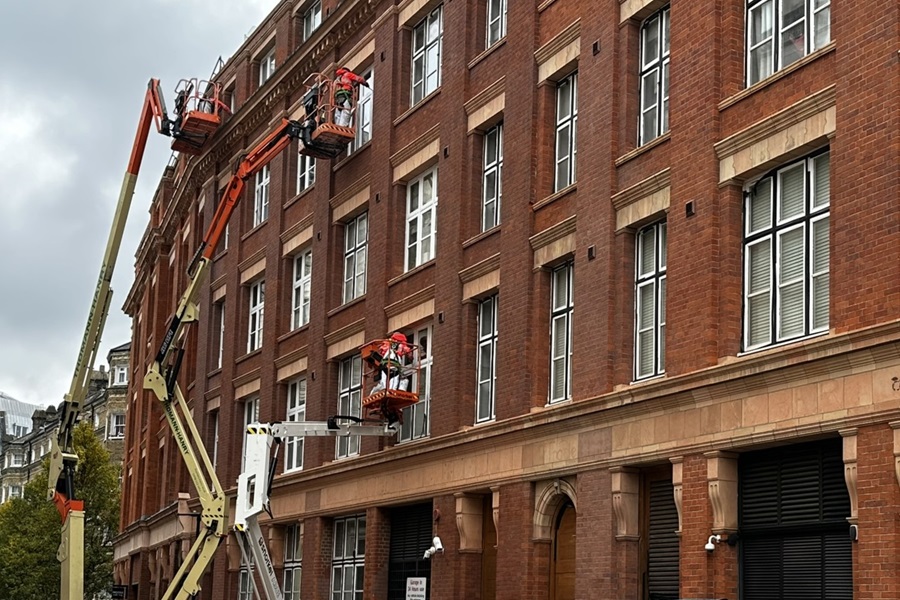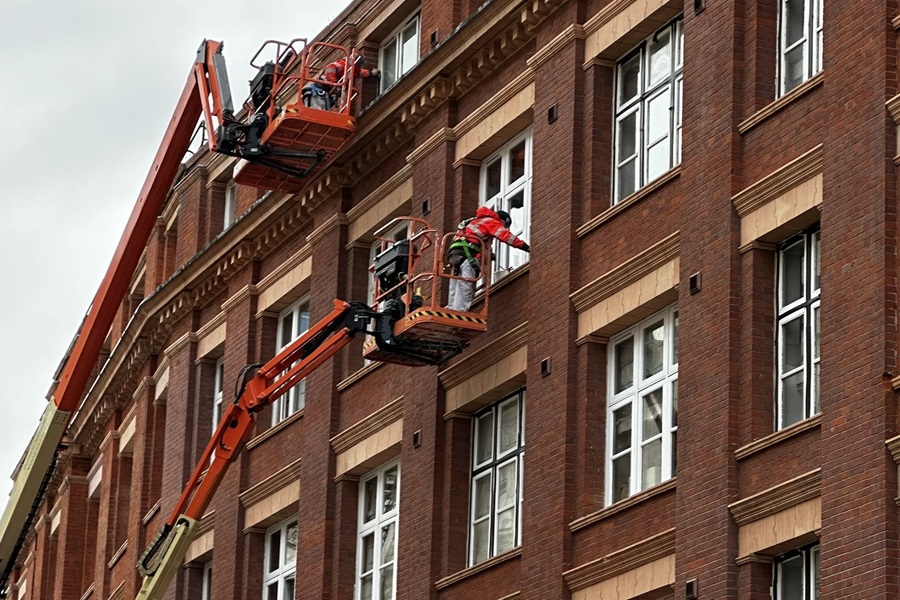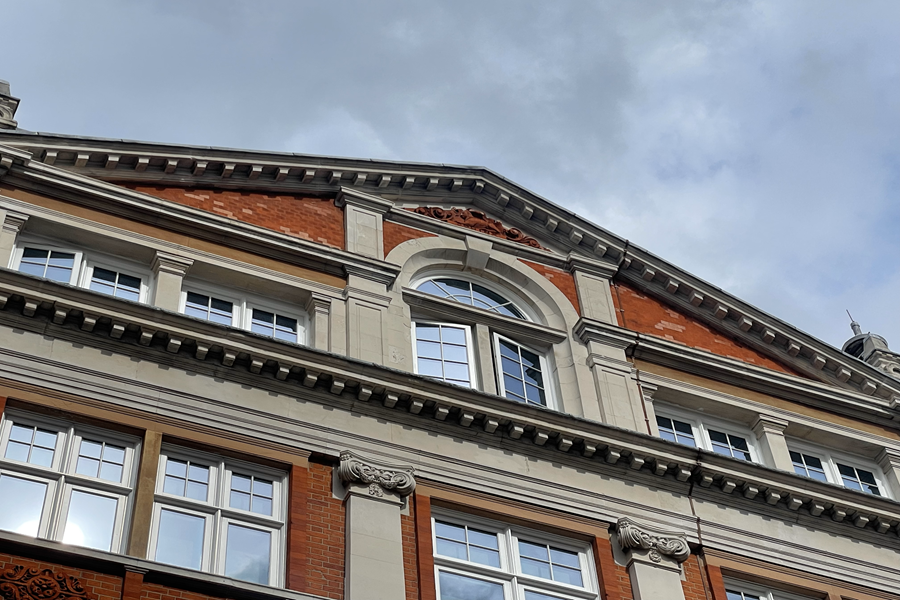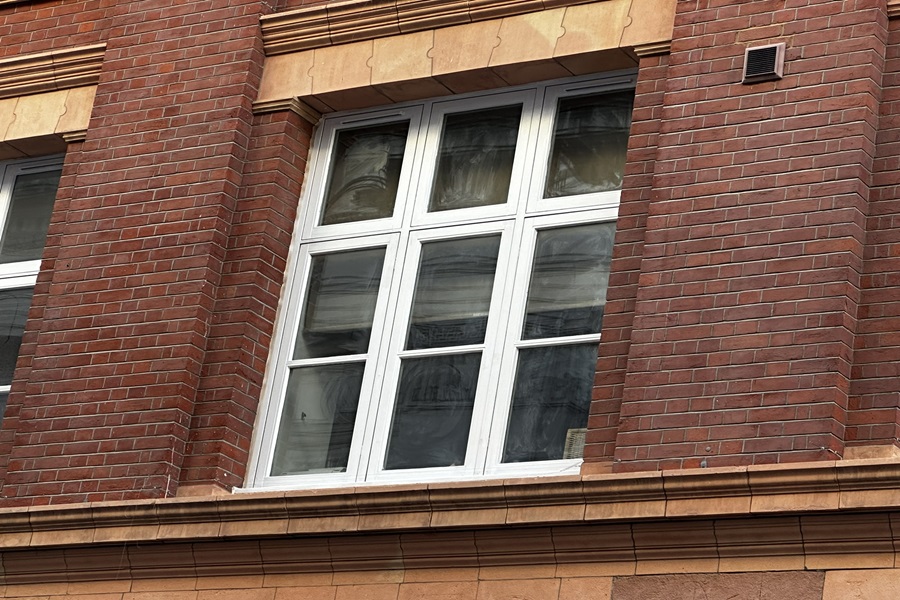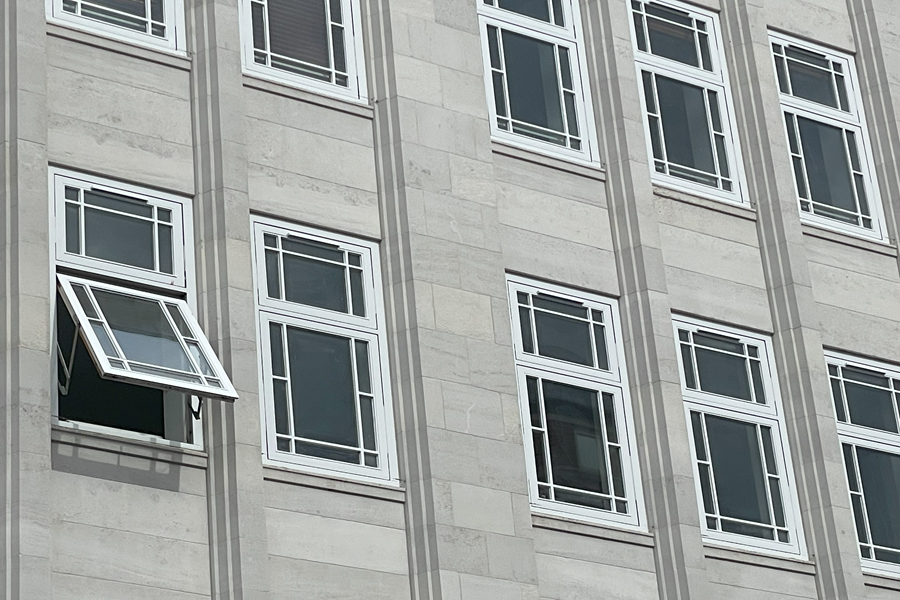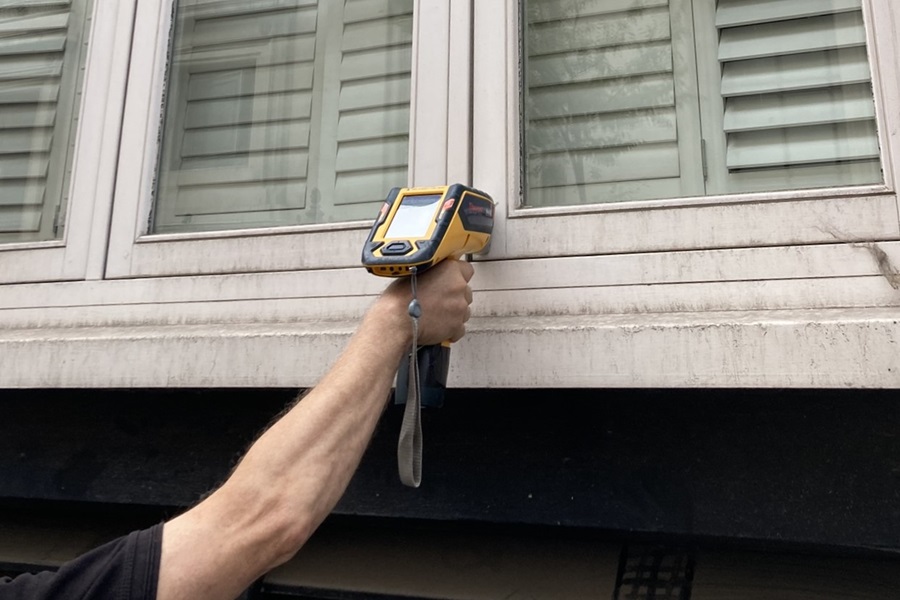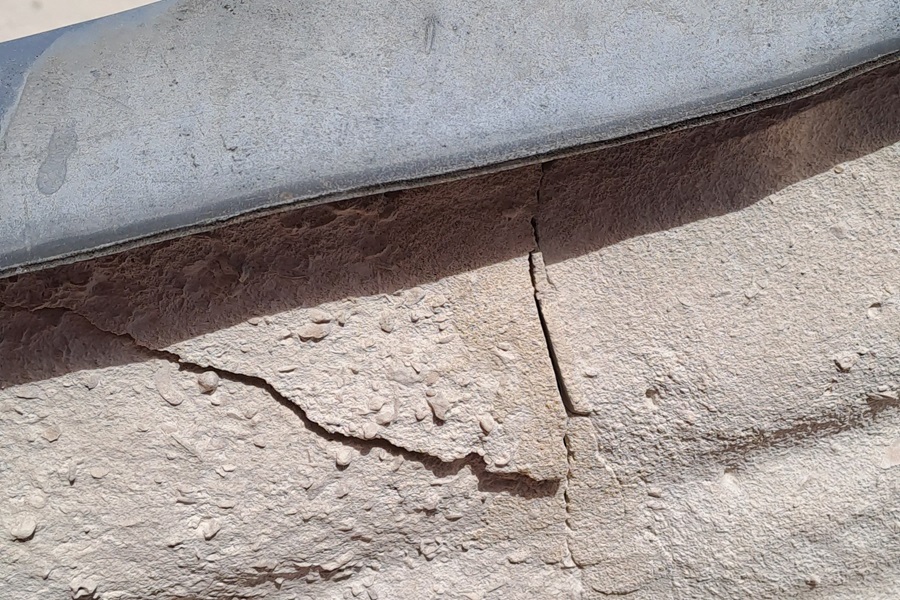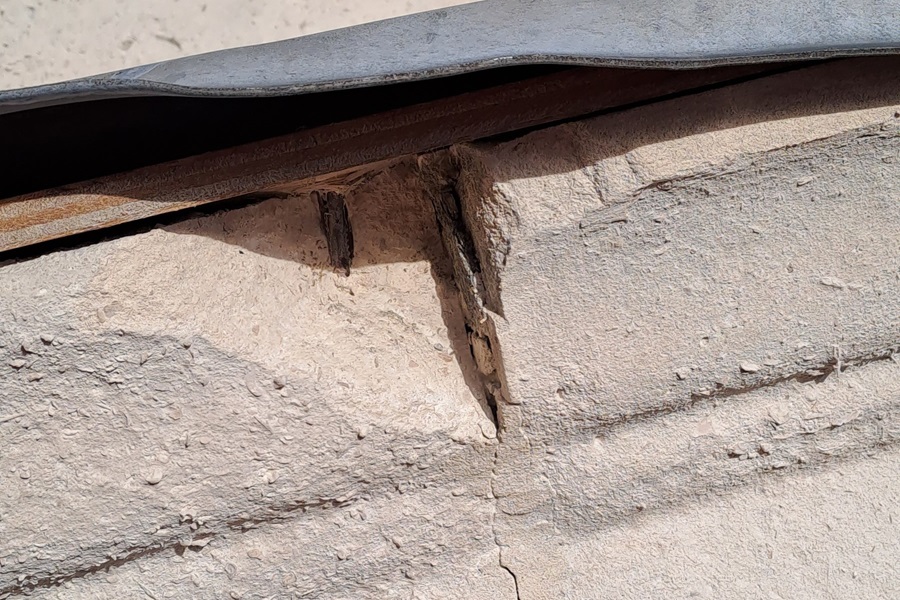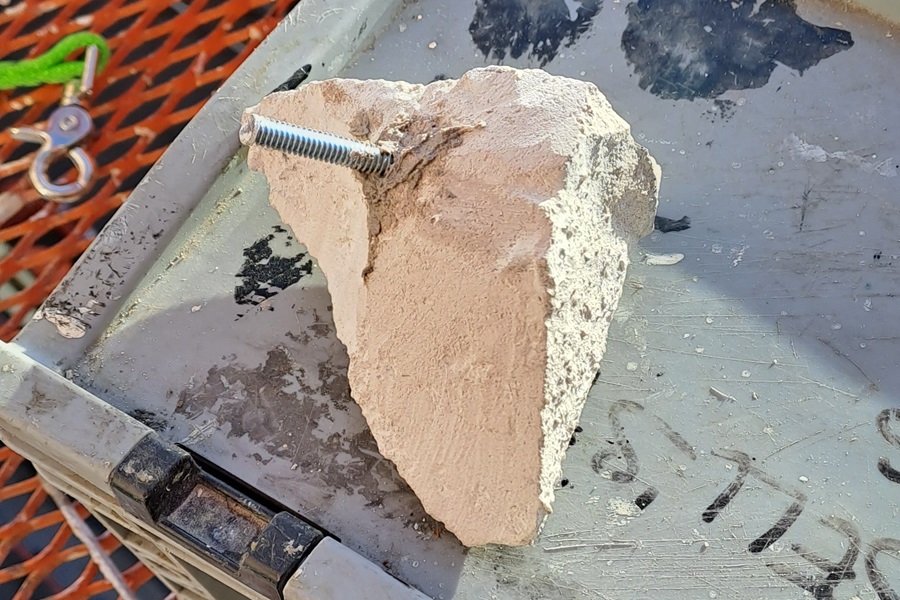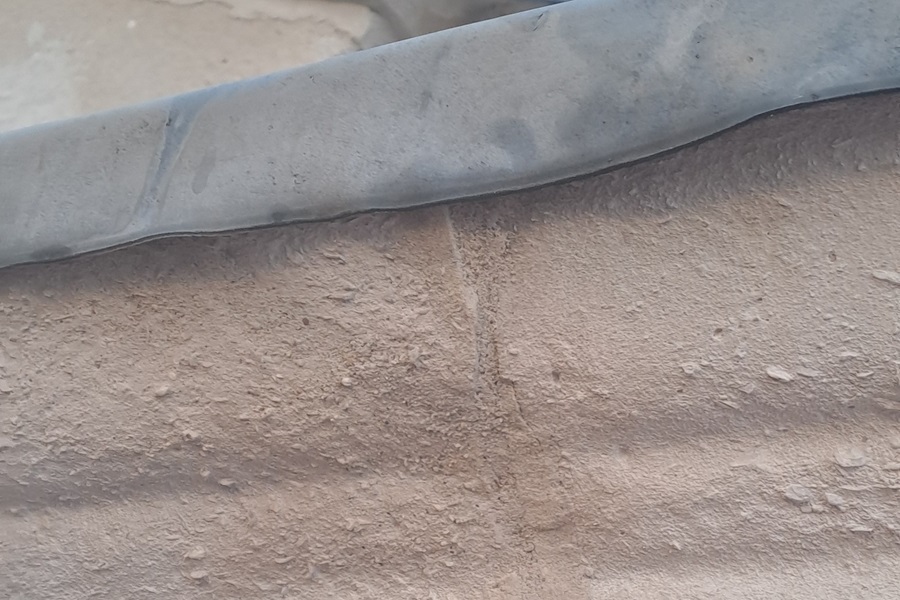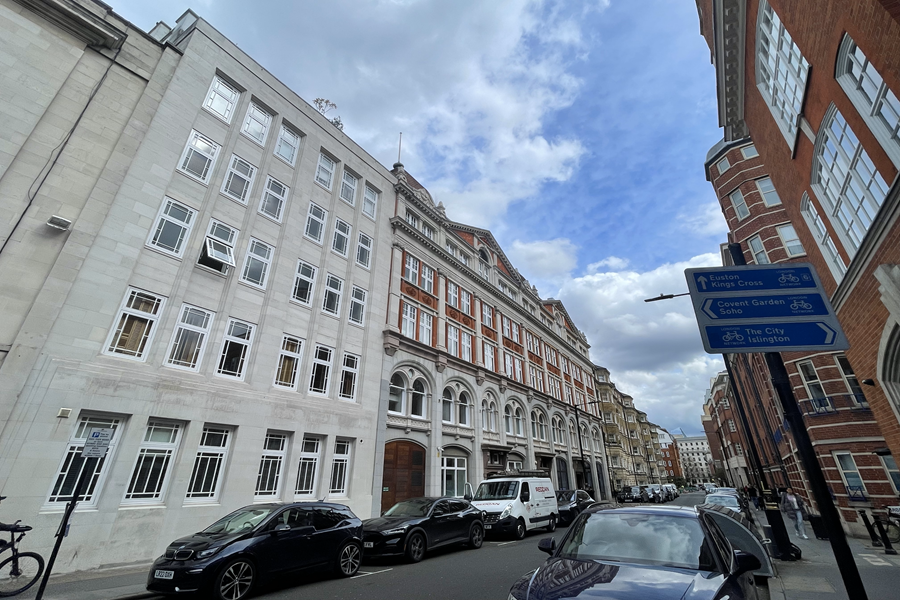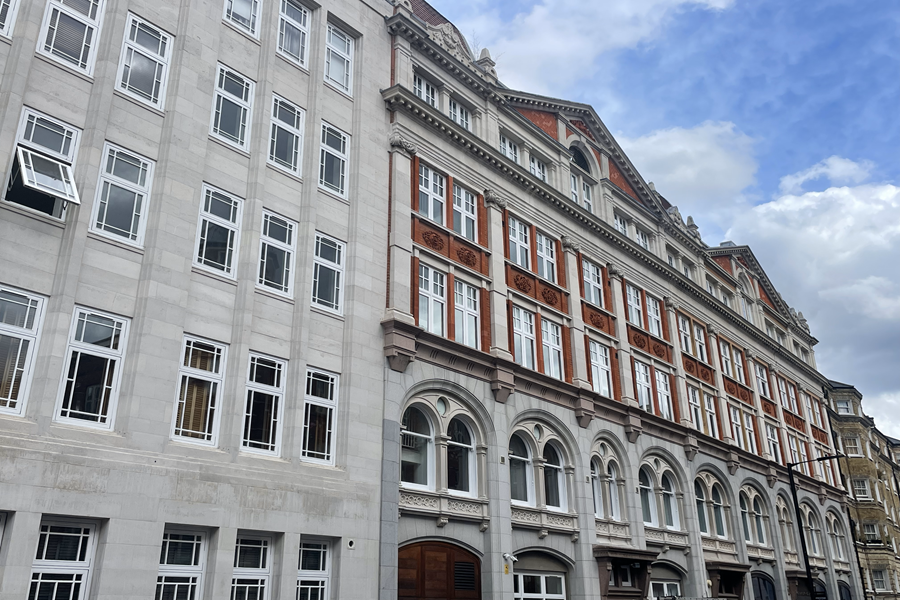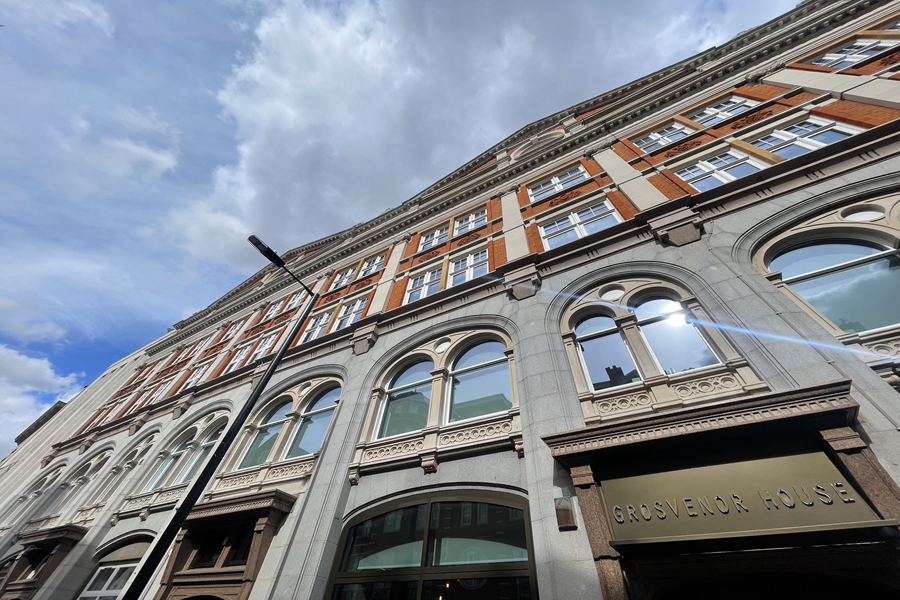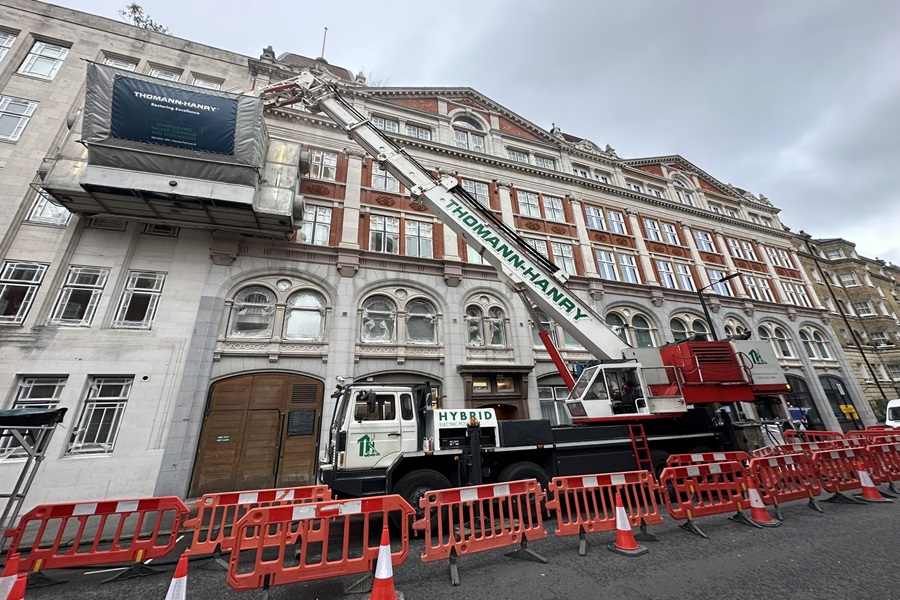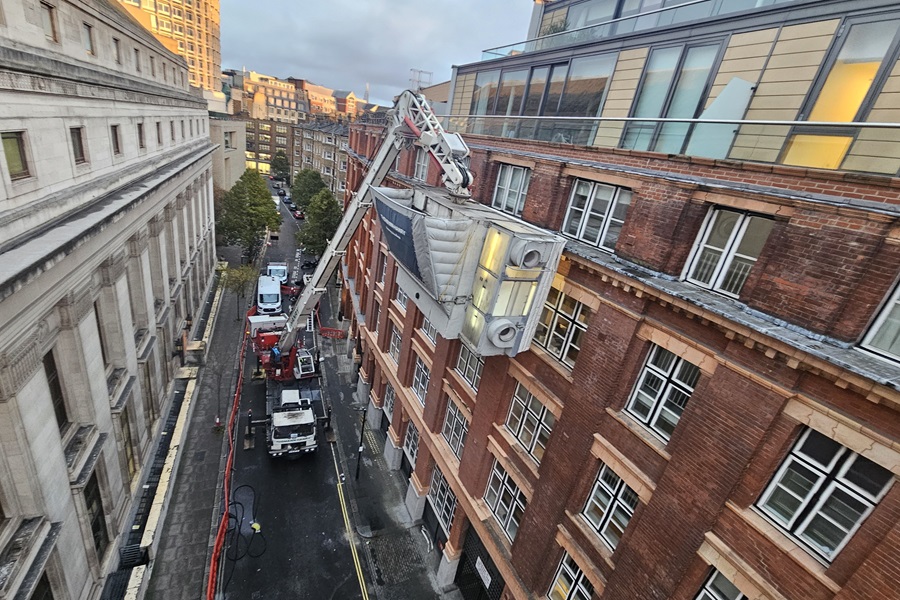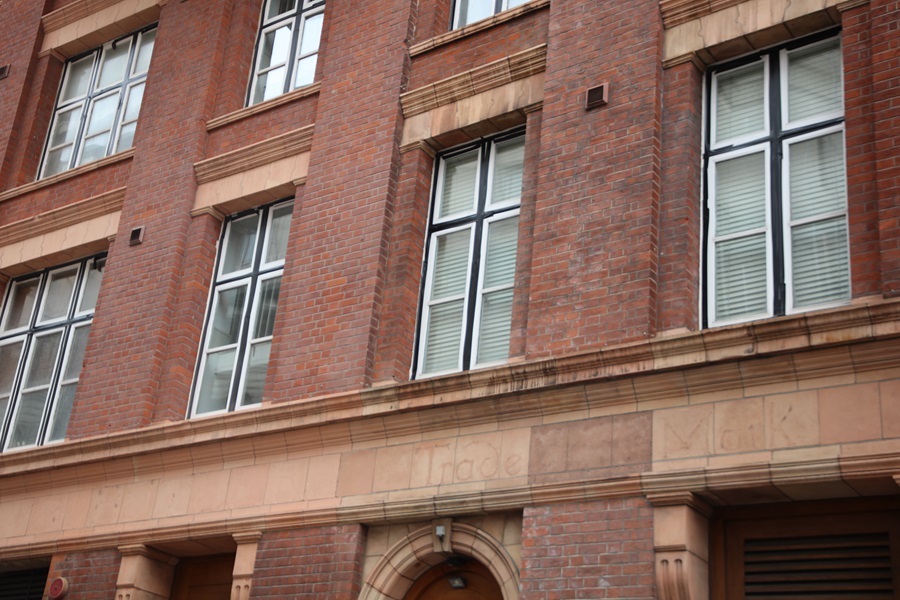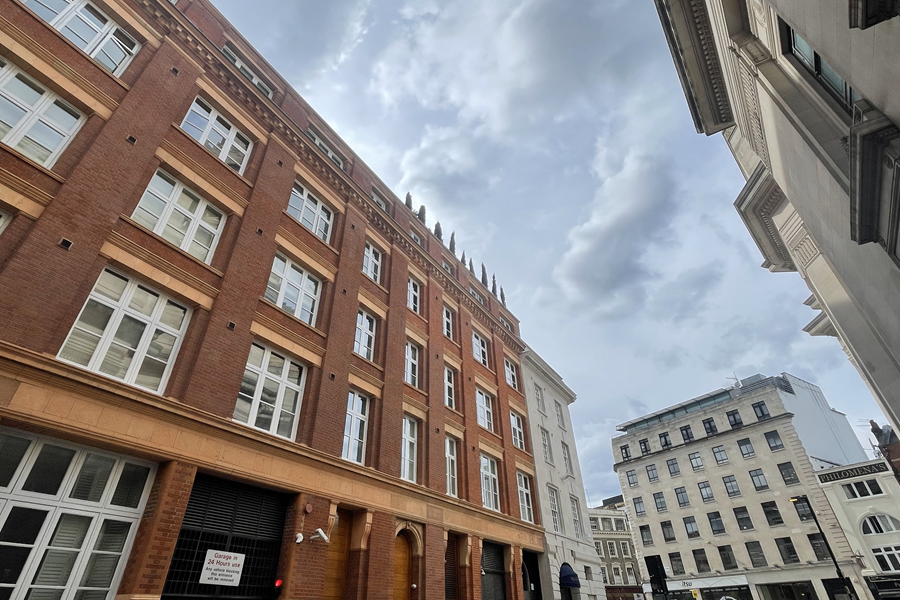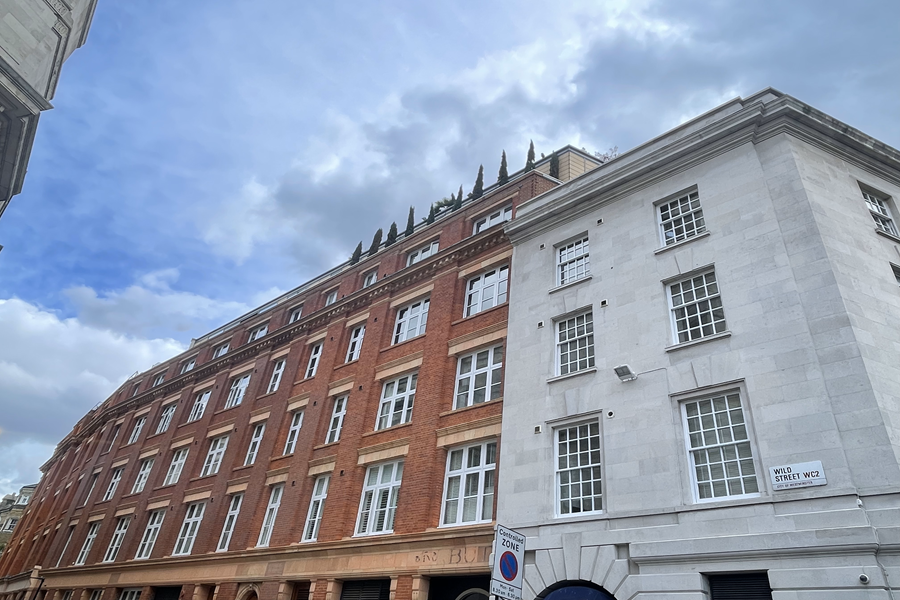145 Drury Lane façade refurbishment
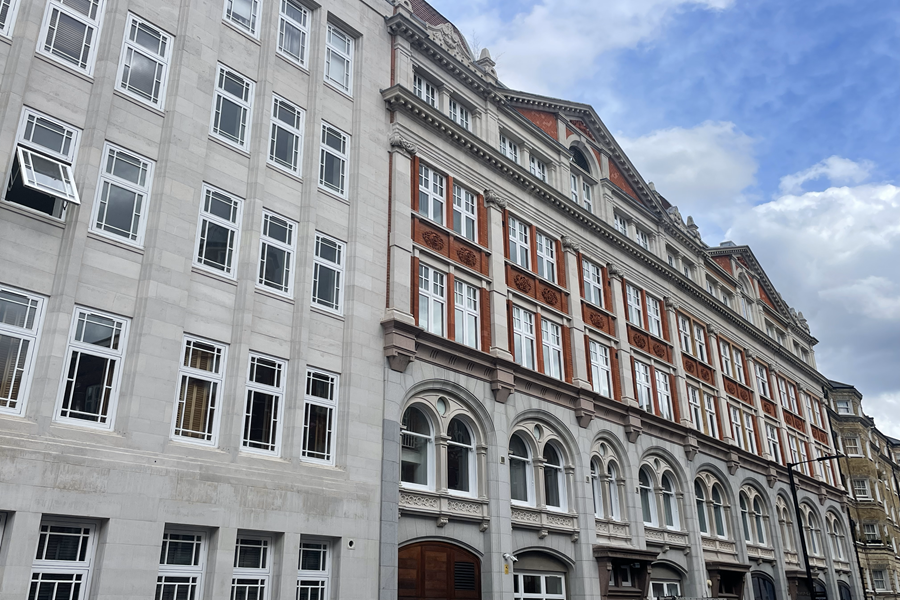
Preserving heritage — Thomann-Hanry®’s works at 145 Drury Lane & 10 Wild Street showcase our full expertise in façade refurbishment.
Drury Lane, situated in the heart of London’s West End, represents centuries of rich history and cultural significance.
Originating as a modest lane in medieval times, Drury Lane flourished under the patronage of Sir Robert Drury in the 16th century, who erected the grand Drury House, forever imprinting his name on the thoroughfare’s legacy.
It is surrounded by iconic landmarks that embellish its storied path, from the renowned 17th century Theatre Royal to The White Hart — the first and oldest licensed premise in London — dating back to 1216.
Into the recent era
Drury Lane stands as a symbol of endurance amid its intricate historical narrative, witnessing numerous transformations over the ‘eras and years’. Among these, 145 Drury Lane emerges as a contemporary jewel. Undergoing refurbishment in 2000, this high-end residential block encapsulates a harmonious blend of tradition and modernity.
Thomann-Hanry®’s contribution to the latest façade refurbishment of 145 Drury Lane and the neighbouring property at 10 Wild Street showcases our dedication to conserving architectural heritage with unmatched proficiency. It’s a project that serves as a testament to our comprehensive expertise across all facets of façade refurbishment.
The full spectrum of façade refurbishment
The scope of works at 145 Drury Lane encompasses meticulous condition assessments, a clean to all façades, external redecoration, and painstaking execution of stone restoration and remedial repairs to the Portland stone, brickwork, and granite elements.
Leveraging our innovative cleaning technique called ‘façade gommage®’, we delivered outstanding results without the need for disruptive scaffolding, ensuring minimal disturbance to residents and businesses alike, and speed — with all elevations completed in only eight days..
Over 100 windows to redecorate
Our team of skilled painters redecorated over 100 timber windows working from our specialised access platforms, entirely avoiding the need for scaffolding. With a commitment to quality and adherence to regulations, we strictly followed standards such as the Control of Lead at Work (CLAW) guidelines. Employing a portable x-ray fluorescence (XRF) analyser, we thoroughly tested existing paint for lead content, taking the appropriate measures before conducting the works.
Redecoration works from MEWPs
Stonework care
Following the inspection, our restoration experts pinpointed critical repairs essential for both safety and the preservation of the building’s structural integrity. Utilising our mobile platforms for stonework repairs provided numerous advantages for all stakeholders involved.
Contrary to popular misconception, virtually all types of restoration works can be undertaken from platforms — a huge advantage for occupied buildings with regard to speed, security, and efficiency.

